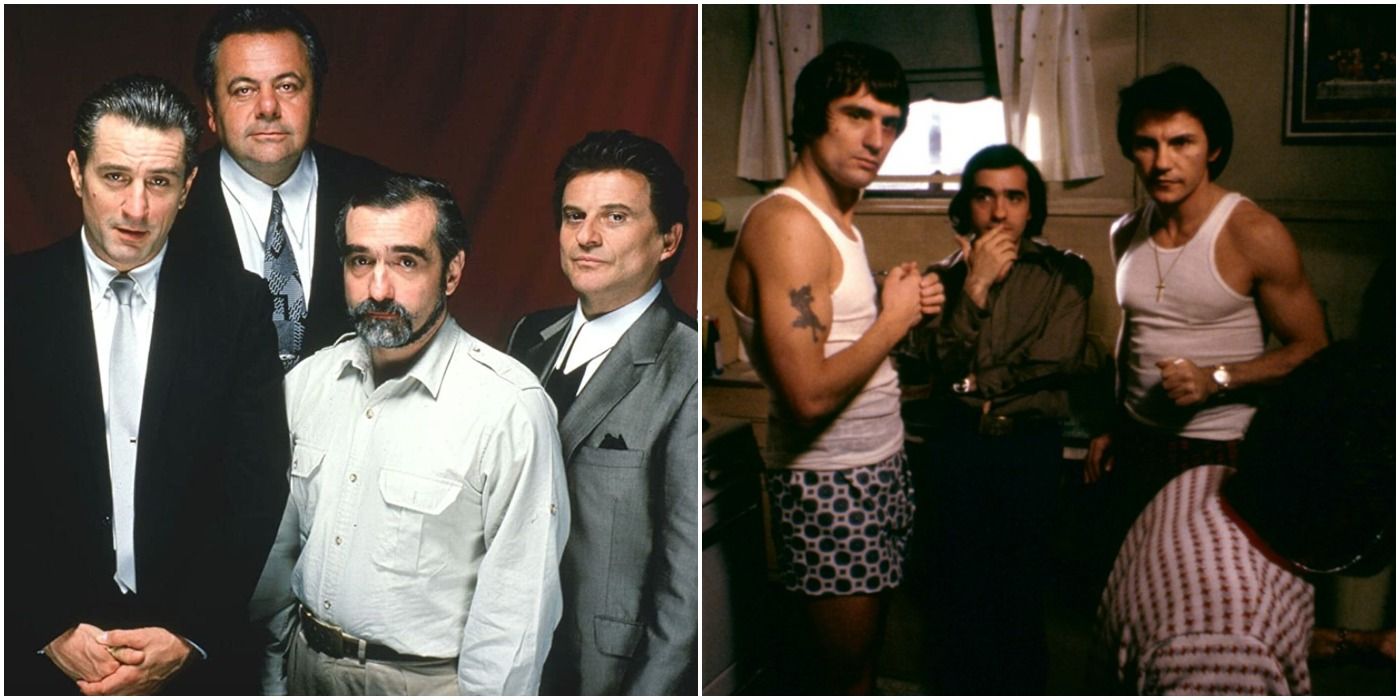
After holding down almost 55 years of professional filmmaking experience, dating back to his 1967 feature-length movie debut Who's That Knocking on my Door, Martin Scorsese has been praised as one of the greatest movie directors to ever step foot on to a Hollywood stage. The New York City native has dozens of classics within his versatile filmography, but arguably his best movies stand as Mean Streets and Goodfellas.
Released in 1973 as his third feature, Mean Streets sports two young future acting icons in the form of Harvey Keitel and Robert De Niro in a gritty, early example of Scorsese's take on mafia culture. 17 years later, Scorsese reunited with De Niro for the gangster epic, Goodfellas, which was nominated for six Oscars, including Best Picture. It's a toss-up between which is better.
10 Mean Streets: Turned Everyone Involved into Stars
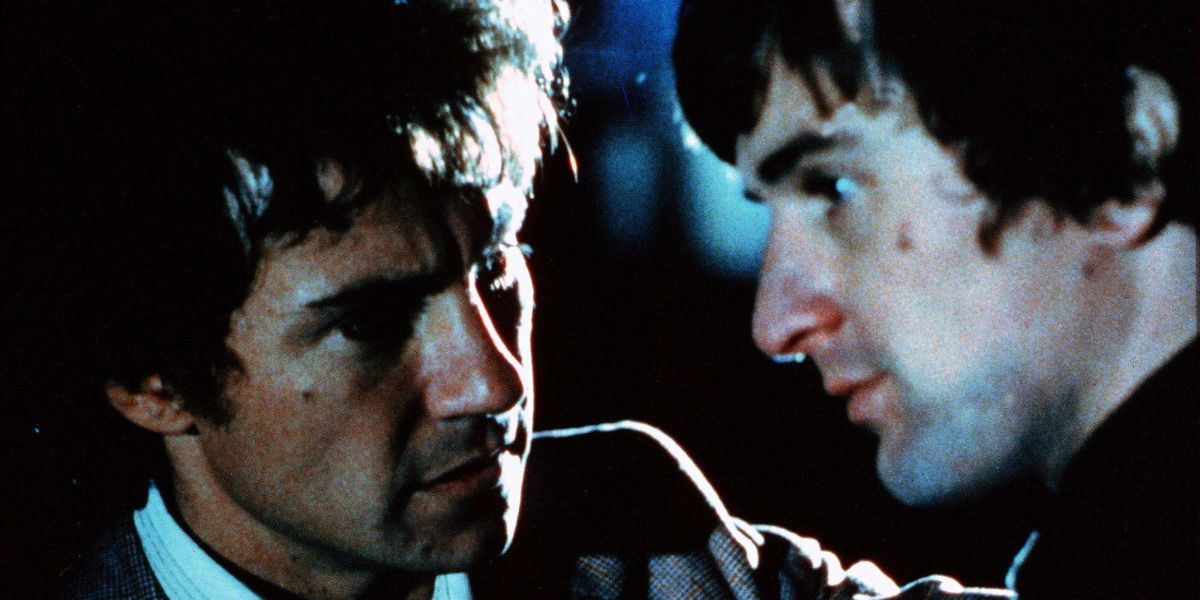
While Goodfellas certainly elevated the stars of actors like Ray Liotta and Joe Pesci, the cast was mostly filled with stars who were either well-established (like Robert De Niro) or already steadily on the rise (in the case of Liotta and Pesci). What's so impressive about Mean Streets is that it rests on the backs of entirely unknown and (at the time) inexperienced actors throughout the whole cast.
Comprised mostly of close friends of Scorsese, the director was able to get consistently believable performances out of each of them to the point that they all (especially Harvey Keitel and a younger De Niro) emerged from the cast as sought-after-stars in the making.
9 Goodfellas: Great Adaptation Based On True Events
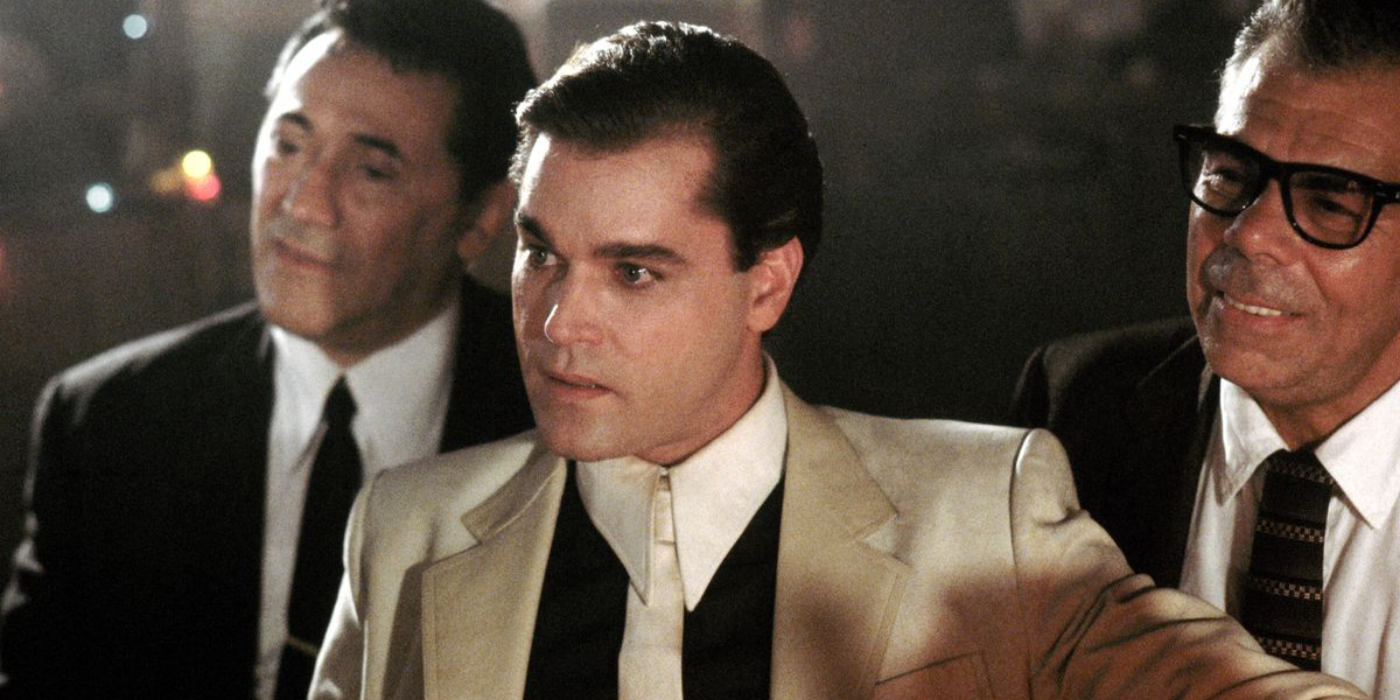
Goodfellas pulls double duty as both a story based on true events and a story based on a book documenting those events. Adapting someone else's story is hard enough, but doing so while simultaneously trying to remain as accurate as possible to true life events is even tougher.
It should come as no surprise that Goodfellas works so well when the screenwriter adapting the book was also the book's author, Nicholas Pileggi. This was Pileggi's first screenplay, but thanks to Scorsese's help as a co-writer, he was able to adapt Wiseguy in a way that was just as gripping to watch as it originally was to read. It also earned himself and Scorsese an Oscar nod for Best Adapted Screenplay.
8 Mean Streets: Great Original Story
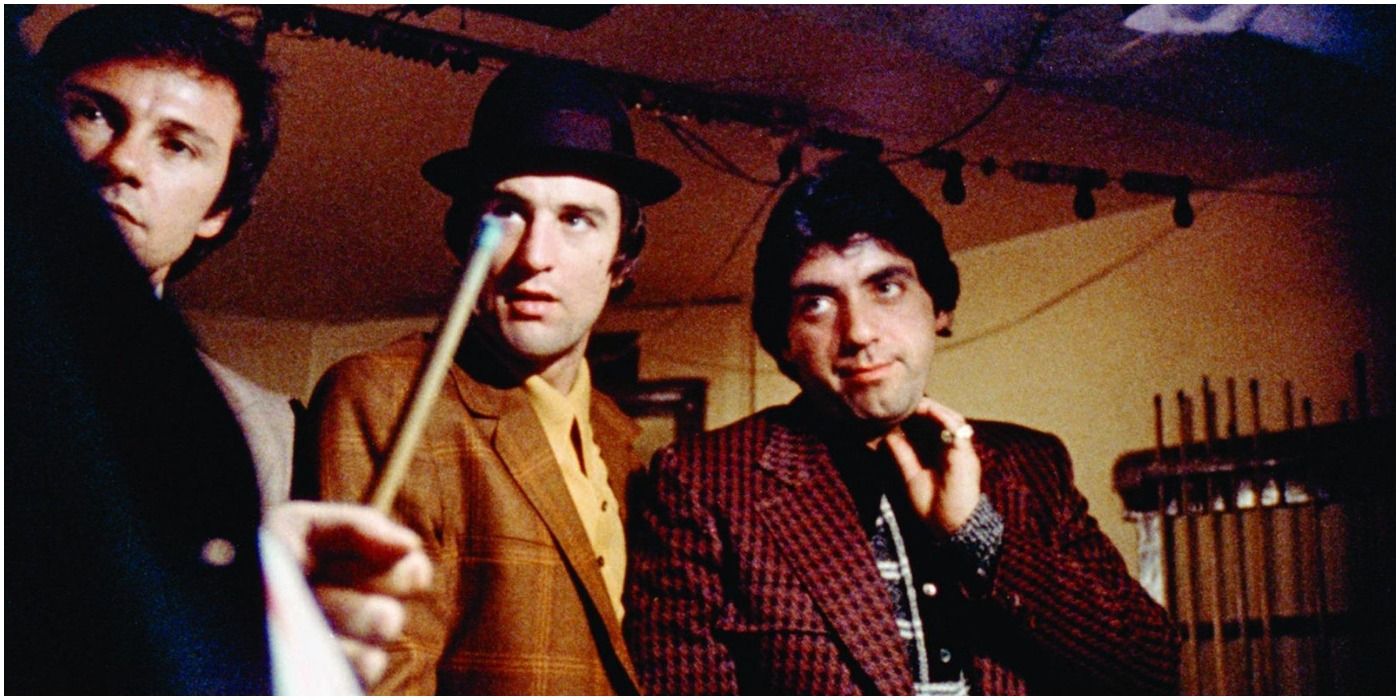
On the flip side, as hard as it is to adapt both a book and the true story it's based on, it's just as hard to try and come up with an original story to produce. That's why Hollywood produces so many sequels, reboots, remakes, and adaptations nowadays. It's just easier than trying to commit to and bank on an original idea working.
Martin Scorsese and Mardik Martin banked on themselves. They conceived of a plot focusing on a devout Catholic whose life becomes weighed down looking after his reckless gambler of a best friend in a union that gets them both involved with the mafia. It's a simple premise, but one that remains just as compelling as Scorsese's later works, like Goodfellas.
7 Goodfellas: Arguably Scorsese's Best-Looking Movie
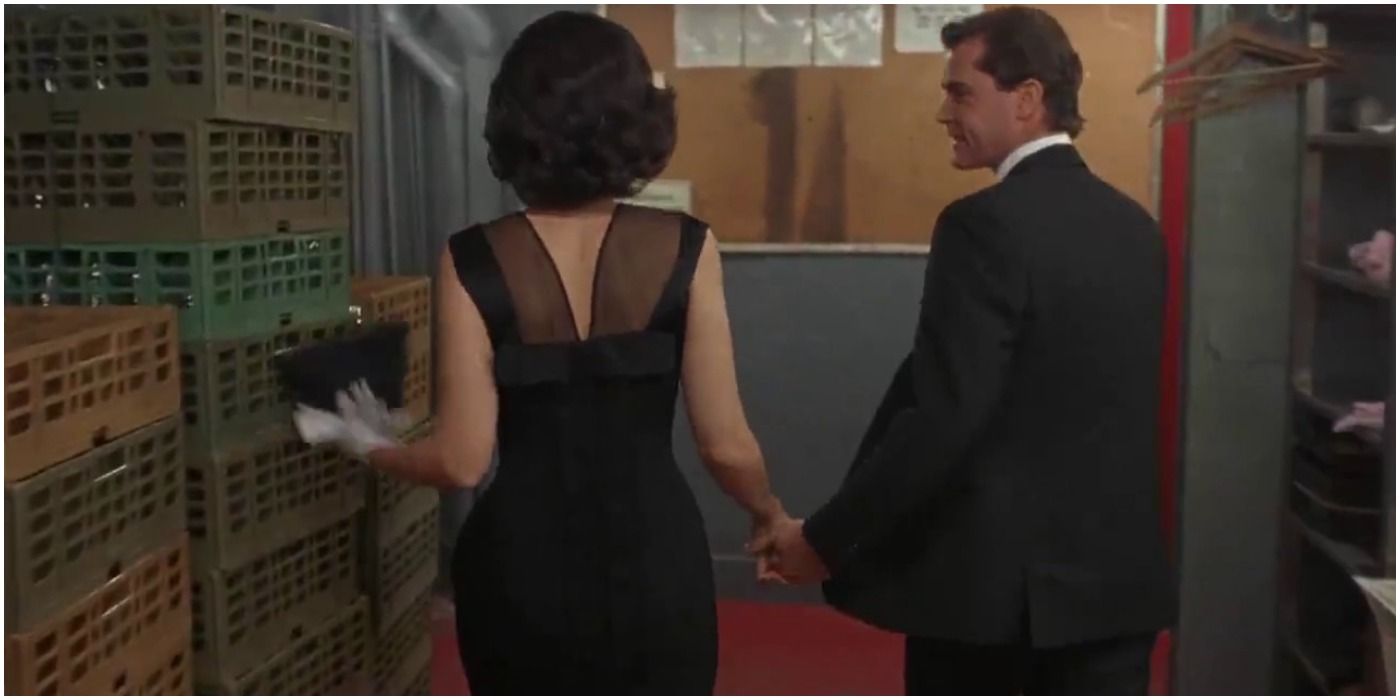
With all due respect to Mean Streets, a young, amateur Scorsese was obviously working on a smaller budget and couldn't make the movie look as extravagant, visually, as he may have wanted. Luckily, he had that luxury on Goodfellas, using that movie's $25 million budget to craft some gorgeous cinematography.
When most people think of Goodfellas, their minds instantly ring to some of the movie's memorable shots. The night club tracking shot, the zoom-in on a high Henry Hill's face, the zoom-in on a gun-toting Karen Hill's face, etc. There's plenty to choose from and each looks even more visually impressive than the last.
6 Mean Streets: The Religious Symbolism
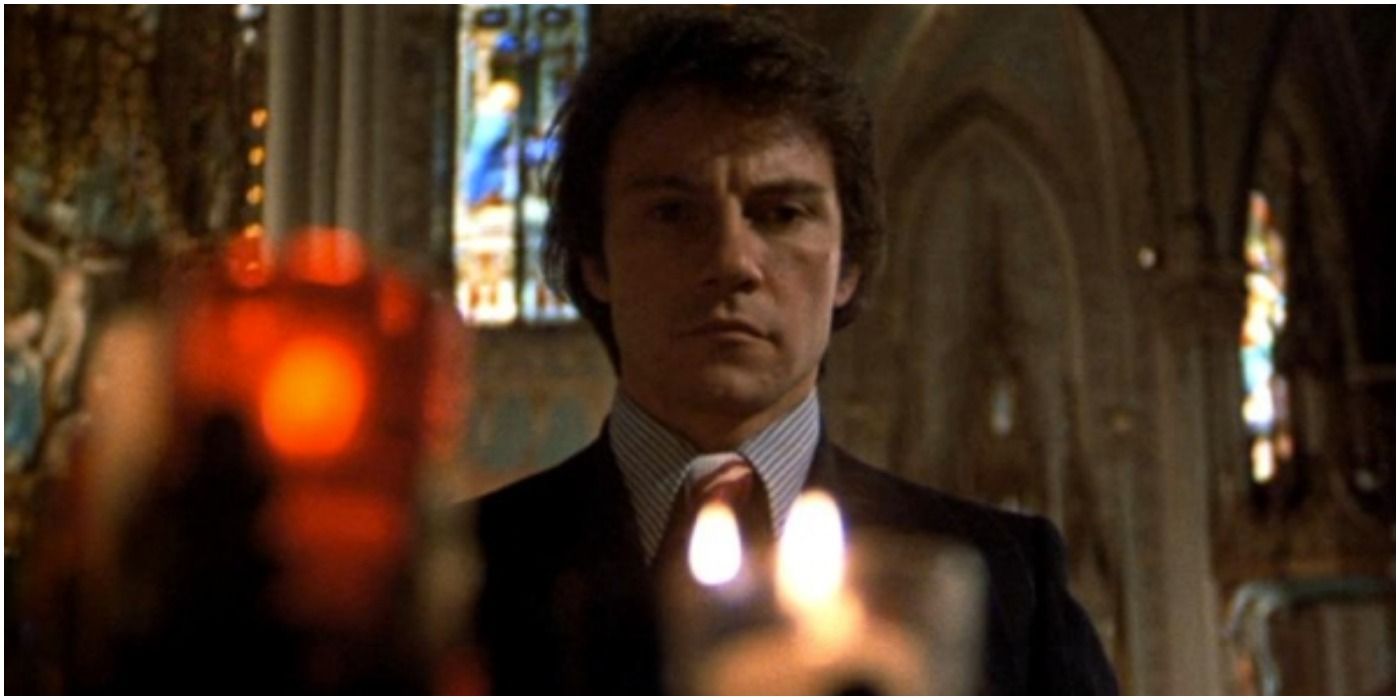
As a man with a Catholic background himself, a lot of Martin Scorsese's movies contain Catholic themes. Oftentimes, these themes are presented subtlely through ideas surrounding guilt, redemption, struggles with masculinity, etc. But Mean Streets puts that symbolism on full display.
The religious allegory surrounding just about every key scene and moment revolving around Harvey Keitel's character makes Mean Streets a must-see rewatch in order to unearth each bit of symbolism (especially those concerning repeated images of hands and fire throughout the movie) could possibly mean.
5 Goodfellas: Feels Timeless
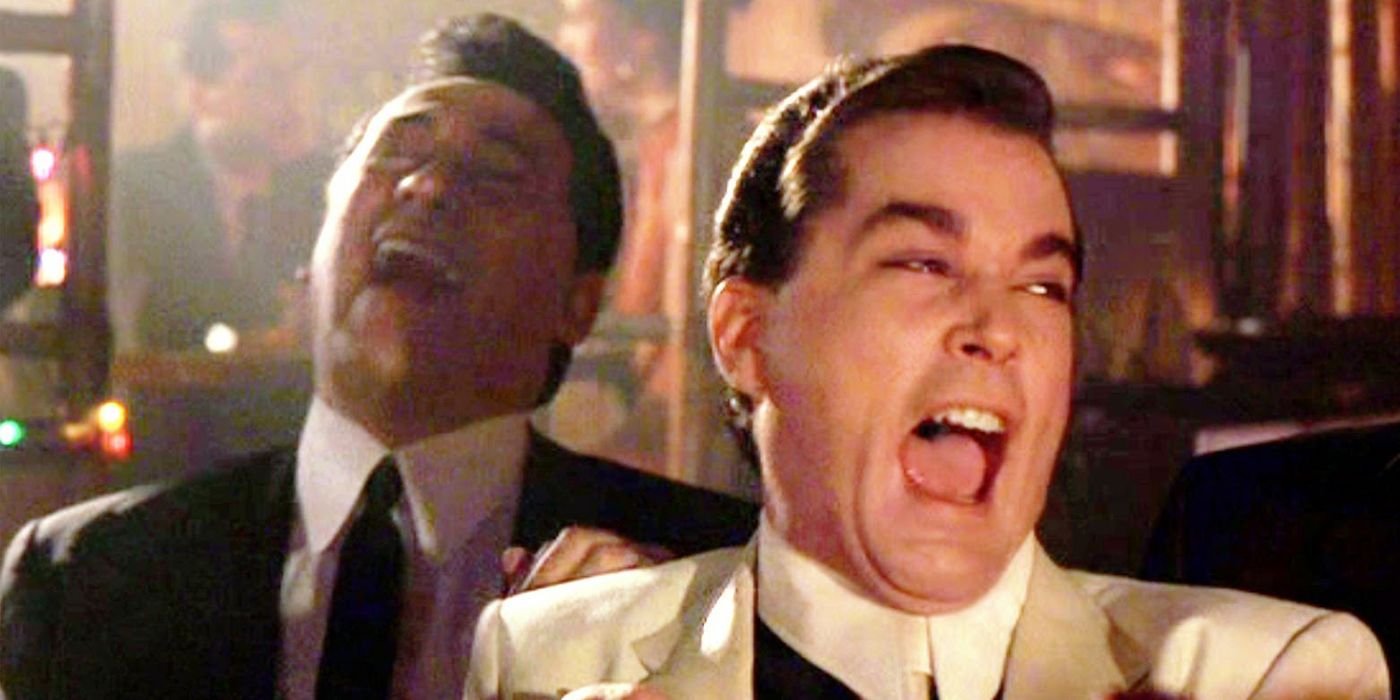
Goodfellas is a unique period piece in that although it takes the viewer on a journey that starts in 1955 and ends in 1990, it never feels clearly rooted in either of these decades. There's nothing decidedly planting its roots in the '50s, '60s, '70s, etc. Not in a way that could feel dated or distracting.
Instead, every minute of Goodfellas feels as if it could take place today, making it accessible to modern viewers who may not like the idea of watching an old-timey movie. It's just as easy to watch in 2021 as it was in 1990 and it'll continue to age gracefully in due time.
4 Mean Streets: Perfect '70s Time Capsule
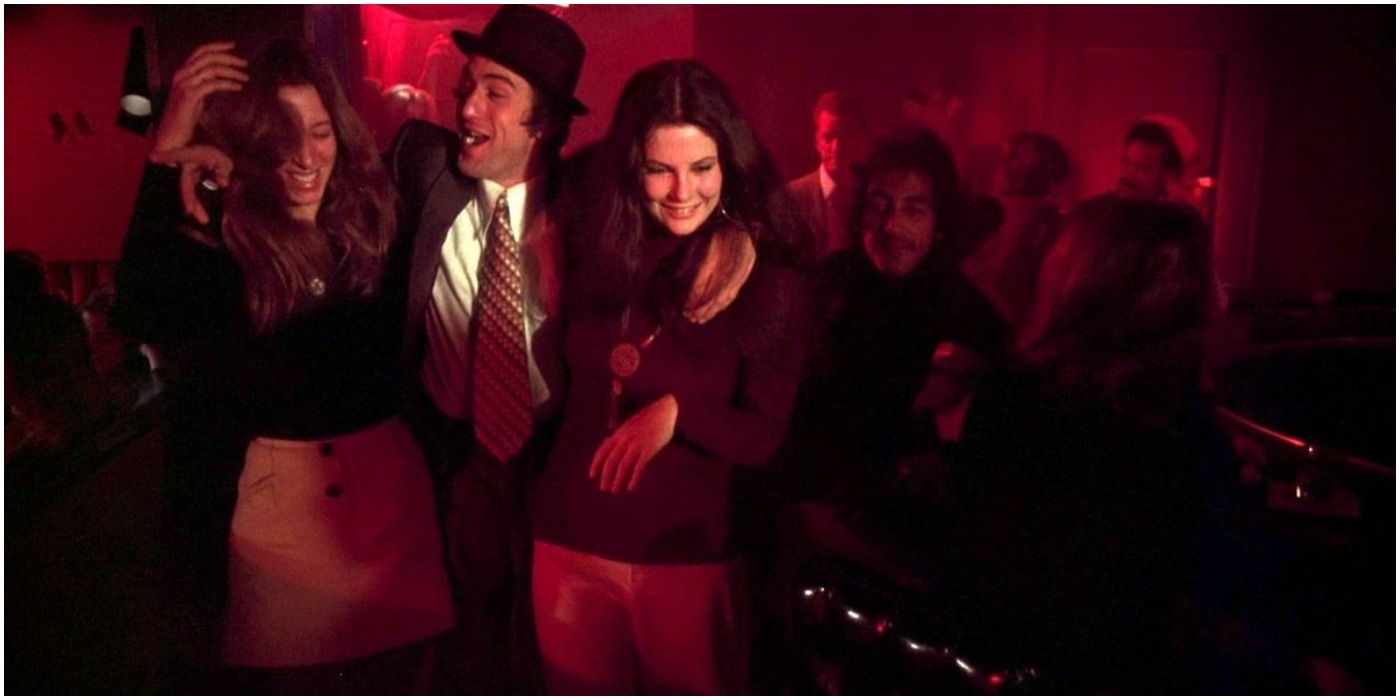
Readers who are nostalgic about the 1970s are most likely to pick Mean Streets as a favorite of the two. That isn't even to say that Mean Streets is heavily engrossed in '70s culture compared to homages like Boogie Nights and Dazed and Confused, or movies from the era like Saturday Night's Fever.
Mean Streets feels timeless while also feeling like a staple of its era. It doesn't feature the platform shoes or the poofy hair, but the music and hairstyles are there to give it a '70s vibe that isn't over the top enough to overshadow the picture several decades later.
3 Goodfellas: Joe Pesci Steals The Show
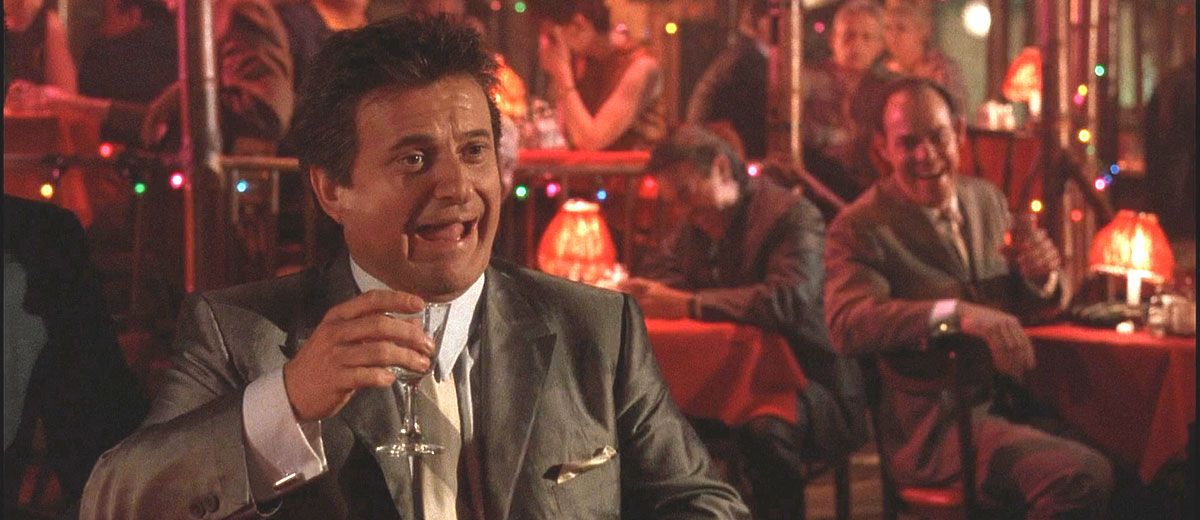
Of the six Oscar nominations that Goodfellas was nominated for, the production team only walked home with one: an Academy Award for Best Supporting Actor, given to Joe Pesci. Die-hard Goodfellas fans may have wanted to see the movie awarded with more gold, but if it only had to be one, it needed to go to Pesci.
At 5'4, Pesci stands tall as the scariest man in the room next to formidable co-stars like Robert De Niro and Frank Vincent as the irrational, impulsive Tommy DeVito. His polarizing, unpredictable presence made for some of the movie's most hilarious and frightening moments.
2 Mean Streets: Robert De Niro Steals The Show
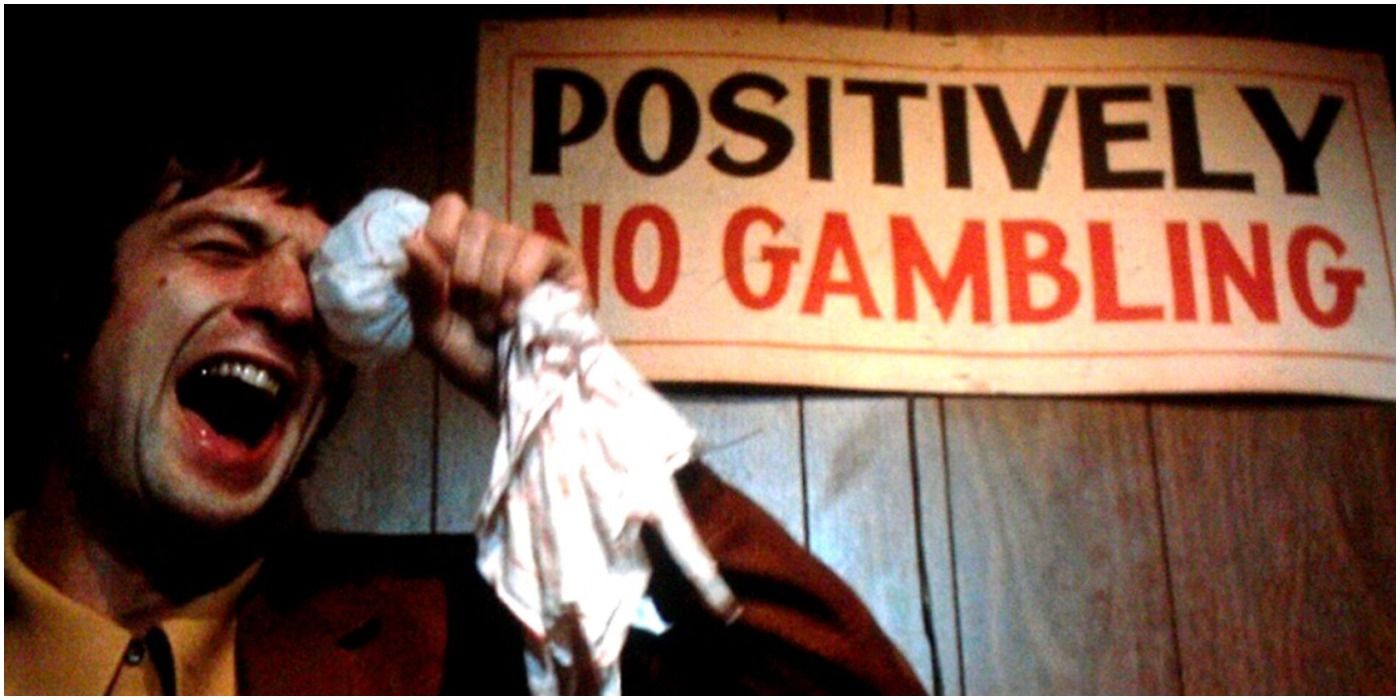
Although Robert De Niro did not receive the same Oscar-winning acclaim as Joe Pesci did, his role in Mean Streets was just as noteworthy on grounds that it was Hollywood's first introduction to the young man. His explosive breakout performance opened doors for him. Per IMDb, when Francis Ford Coppola first saw Mean Streets while casting for The Godfather Part II, he knew he wanted De Niro in a major role, leading to him being cast as a young Vito Corleone. He won an Oscar for his performance.
Here, De Niro plays a similar role to Pesci as the hot-headed best friend, and like Pesci, De Niro is magnetic in a way that makes the movie ten times more entertaining and captivating whenever he's onscreen.
1 Goodfellas: The Soundtrack
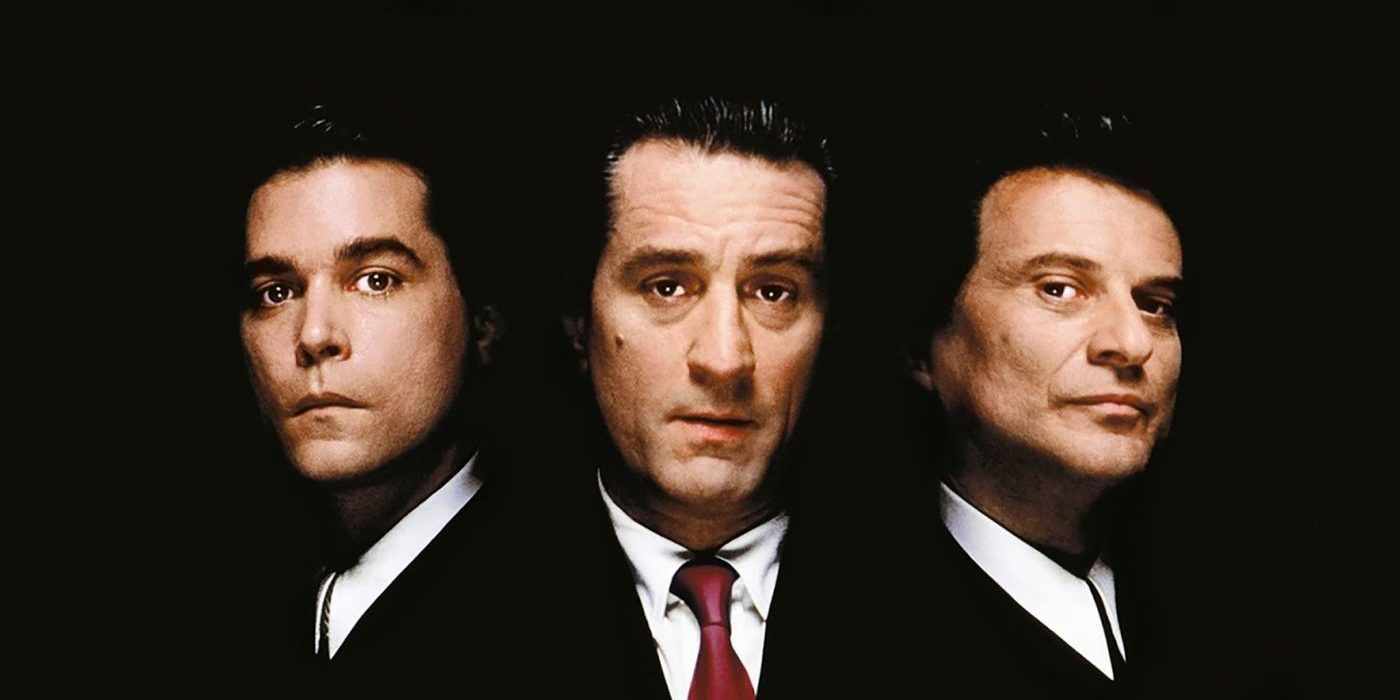
Truth be told, soundtracks are often an integral part of most of Martin Scorsese's movies. Mean Streets is no different, but what helps Goodfellas stand out is just how immersive its soundtrack is. A listener can dive into it without having seen the movie and just enjoy it as if it were an album.
It's always an incredibly groovy and catchy soundtrack that's filled with classics like "Layla" by Derek and the Dominos, "Sunshine of your Love" by Cream, "Life is but a Dream" by The Harptones, "Mannish Boy" by Muddy Waters, and countless others. These songs add impact to scenes whilst also standing alone as simply great songs.
0 Comments